This week is UK Postdoc Appreciation Week and we are celebrating and showcasing the achievements of our postdoctoral researchers and their important contribution to research at BU.
Today’s post is by Anastasia Vayona, Post-Doctoral Research Fellow in Social Science and Policy, about her research journey to date…
Confucius said, “Find something you love, and you will never have to work a day in your life”. I admit it took me a while (!) but I finally got there…
Being a Postdoc has proven to be the most fulfilling career choice that I have made to date. I am working on things that I am passionate about with people who share the same passion and interest.
I started my professional career as a Landscape Architect who was always interested in sustainability and the societal aspects of designing for people and through that I got exposed to the concept of Circular Economy. It was the Eureka moment for me, I developed an appetite for further research and explored the societal aspects of Circular Economy, so I pursued a doctorate on the subject. I was fortunate to work on EU-funded projects along with my studies and got to meet like-minded scholars and further develop my knowledge and interests.
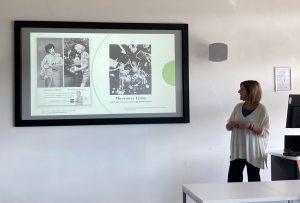
Anastasia Vayona presenting her research into the circular economy
I have recently been given the opportunity to work as Post-Doctoral Research Fellow in Social Science & Policy, at the Faculty of Science and Technology. I am one of the 4 postdocs working on the Research Capacity Transformation Scheme (RCaTS): Resolving the extinction crisis: sustainable and technological solutions for biodiversity and society project, along with academics from Life and Environmental Sciences and the Business School.
This role has allowed me to work with an interdisciplinary team of colleagues and academics on a series of different projects, all involving biodiversity and society. As a social scientist, I constantly explore new ways of involving society in practice and broadening the consumer/ residence/ human understanding of issues that involve sustainability and their livelihood.
Being a postdoc is an important first step of an academic career. It provides one with a relatively high degree of freedom to pursue their research interests – free from the pressure of completing and submitting their PhD thesis! It gives one the luxury to dedicate their time wholly on research and pump their research skills during the outset of their career. In the six months I have been in my current post, I managed to publish three papers and I am in the process of preparing a further five at the time of writing.
However, a postdoc role is not permanent by design, so it also comes with some degree of job insecurity and anxiety: time is ticking, and you need to deliver outputs that will showcase your capabilities and competency as a researcher.
Being an all-rounded researcher involves building and mastering a wide range of competencies – not just the obvious skill of writing scientific papers, but also understanding and participating in funded research (both pre and post award), gaining research independence by working with colleagues within and outside your institution, participating in supervision of undergraduate and postgraduate student projects, and of course teaching, through the delivery of targeted, guest lectures showcasing your research.
This complex and challenging landscape was one of the reasons I volunteered for the role of institutional Research Staff Association (RSA) representative, where I aspire to make a difference through working together with other members of the university to produce an actionable plan for supporting early career researchers in navigating through the various options, opportunities, expectations and responsibilities.
When I started this journey, I could only dream of what I have succeeded to date but now I am grateful for what I have achieved; I am thankful to all the people who helped me through the journey so far and look forward to the future.
Thank you to everybody who has shared their experiences as part of Postdoc Appreciation Week – and thank you to our postdocs for all you do, this week and every week, to support research at BU.
You can get involved on social media during Postdoc Appreciation Week by using #LovePostdocs and #NPAW2023 on Twitter and Instagram and tagging us @BU_Research or @UK_NPAW.
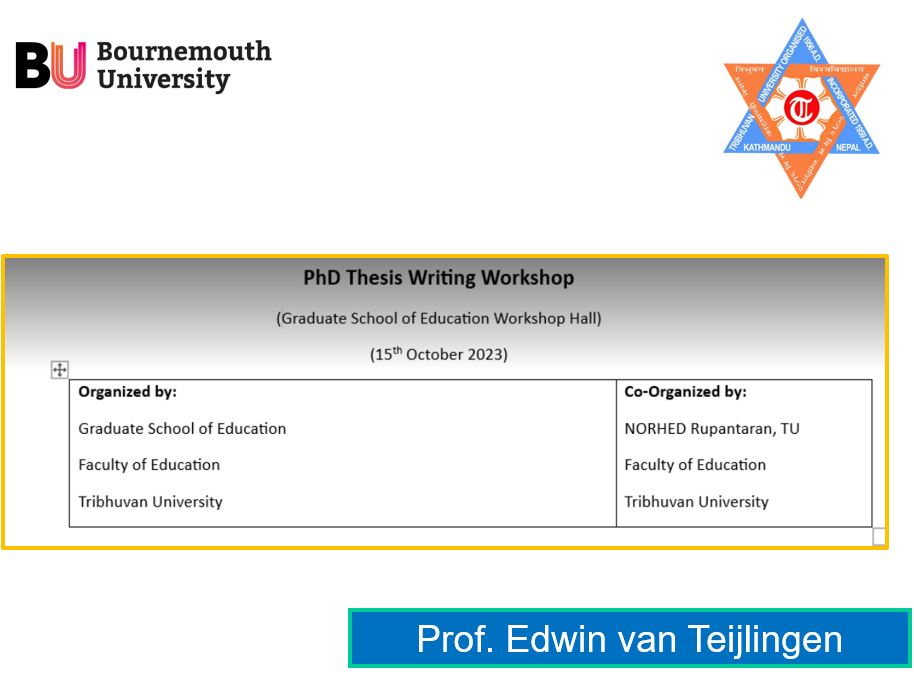

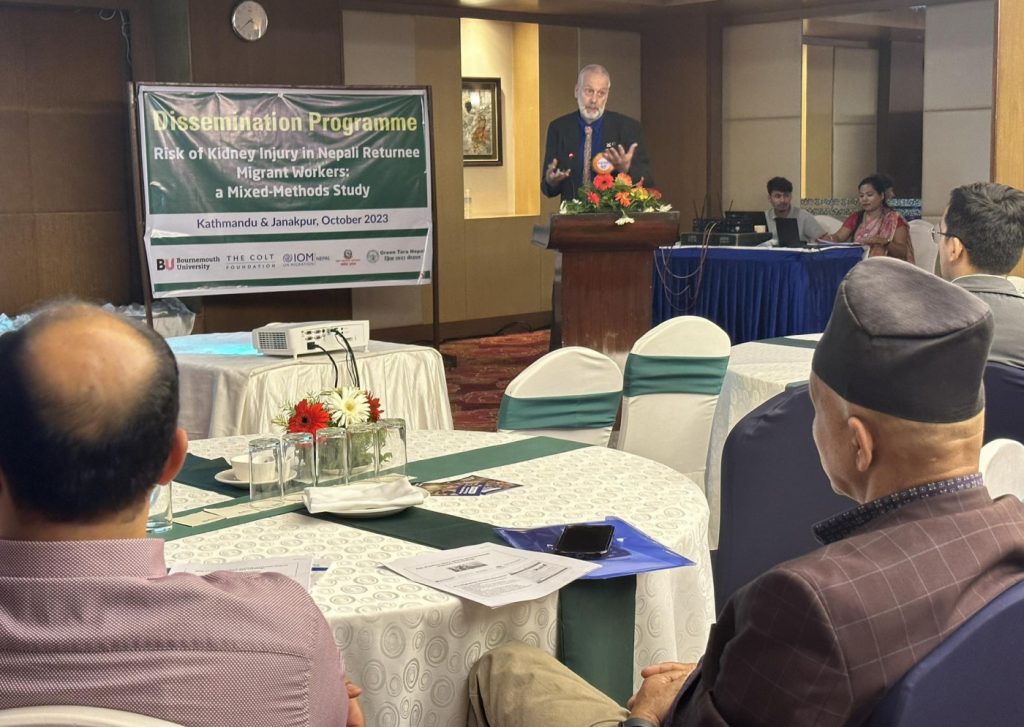
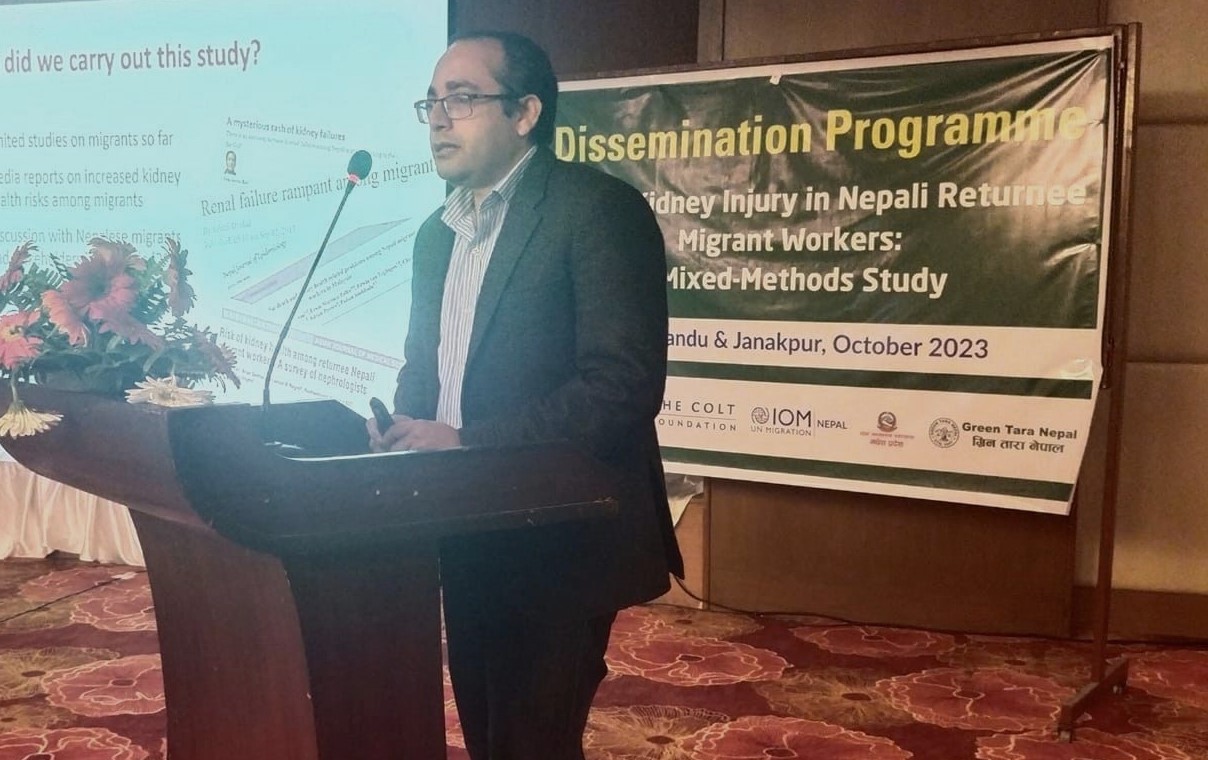
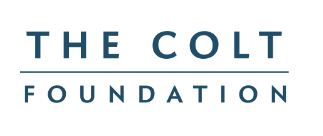

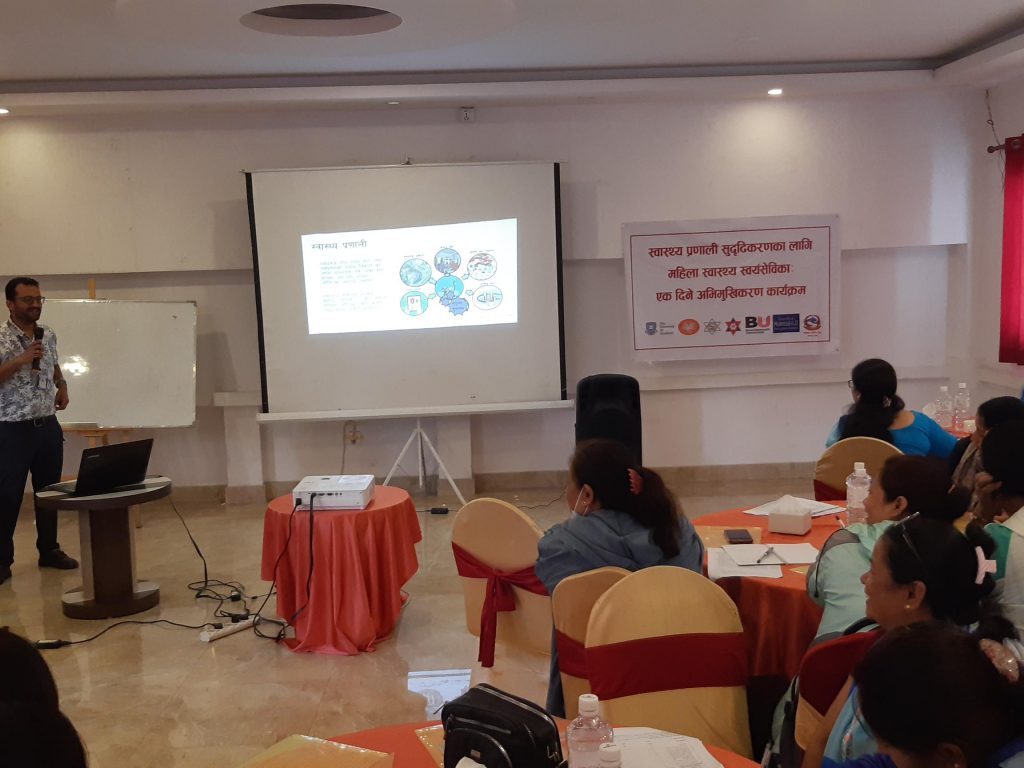
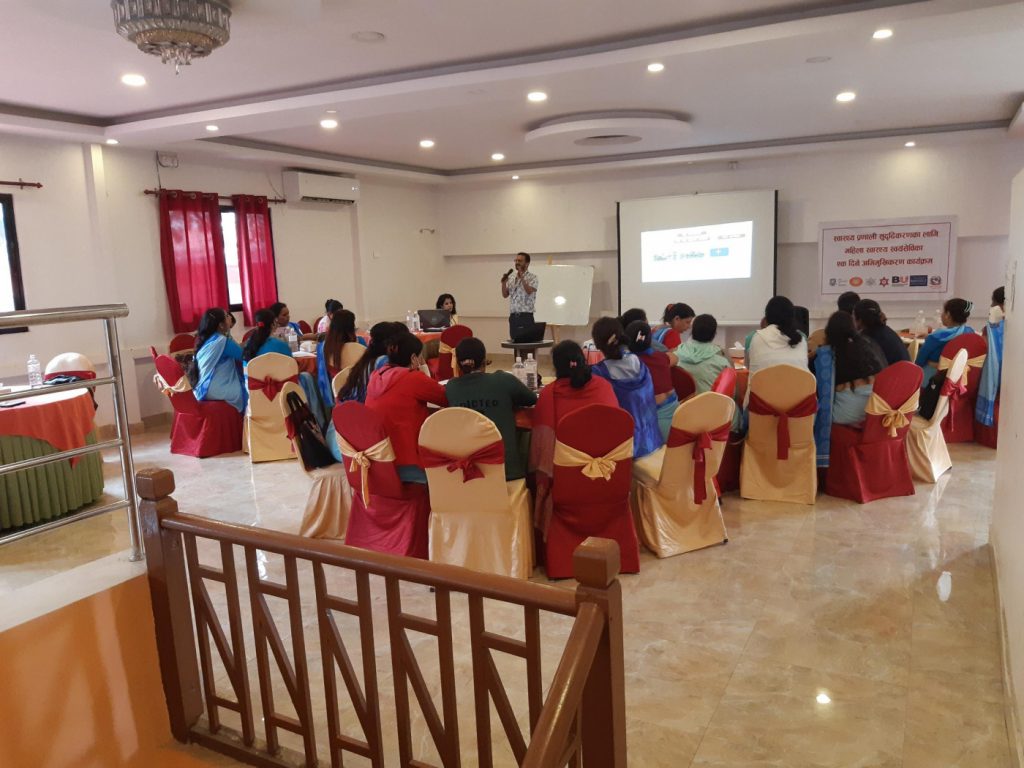

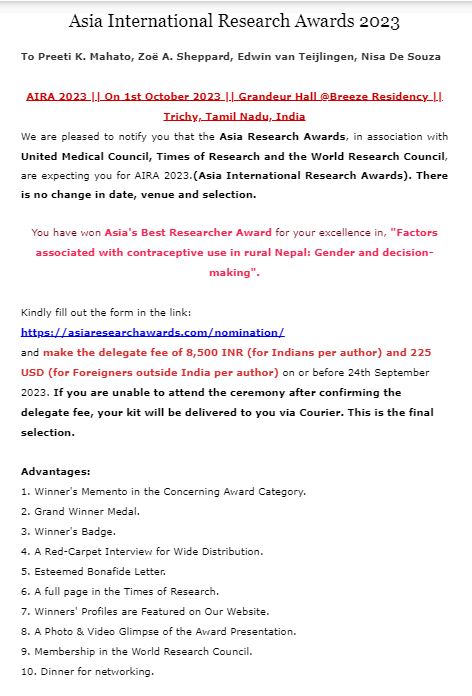



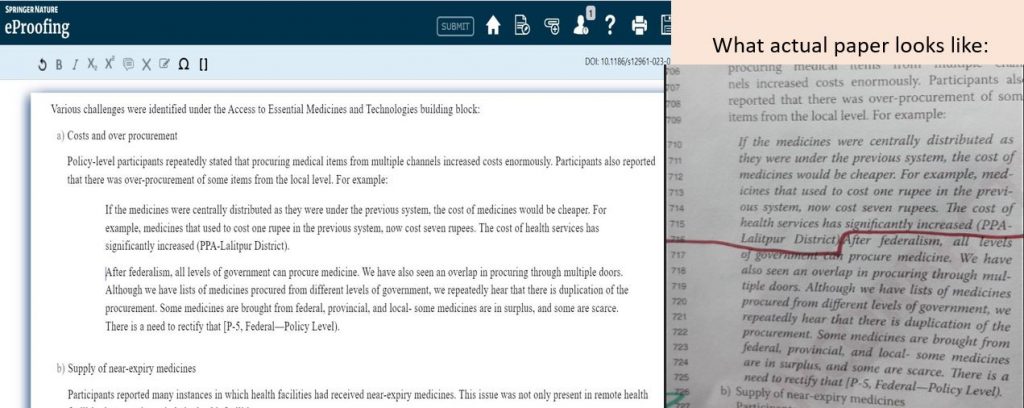
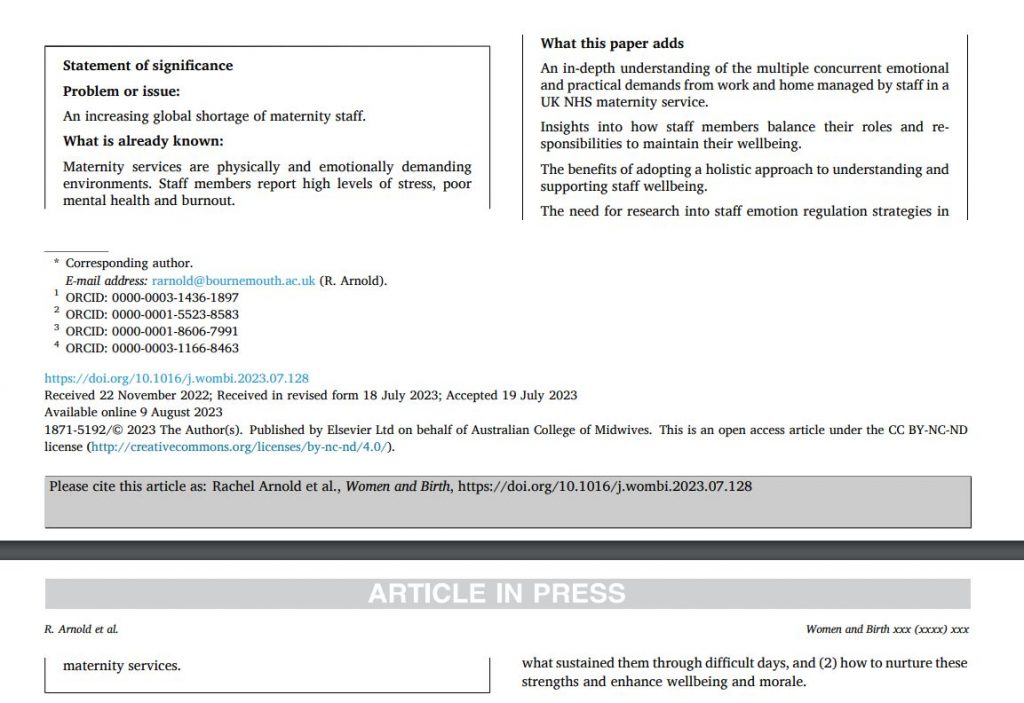
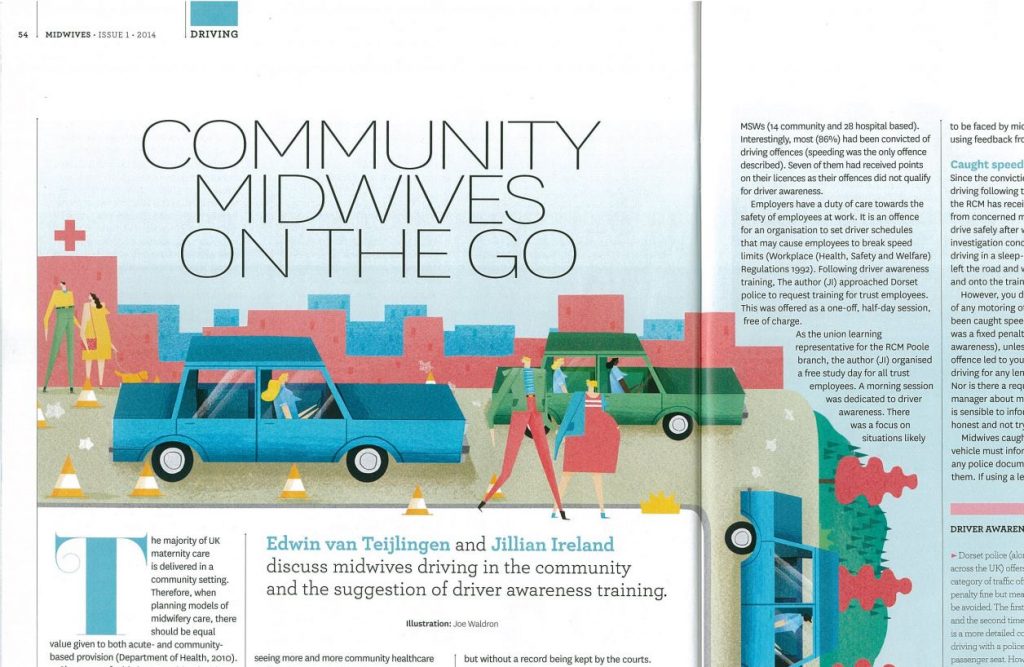

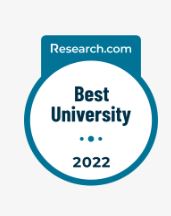
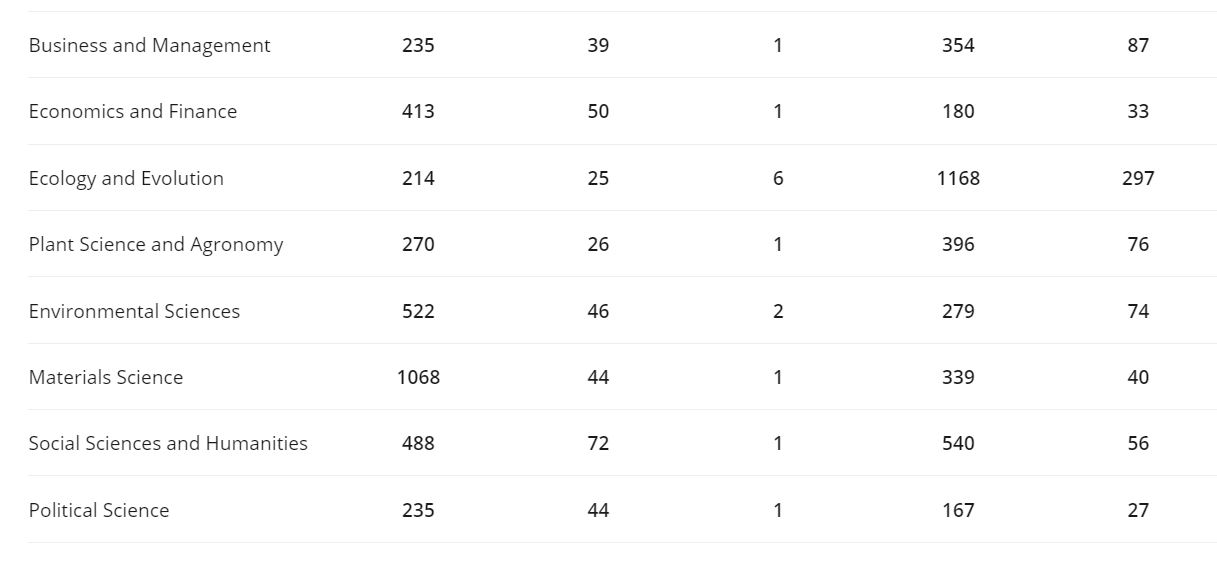
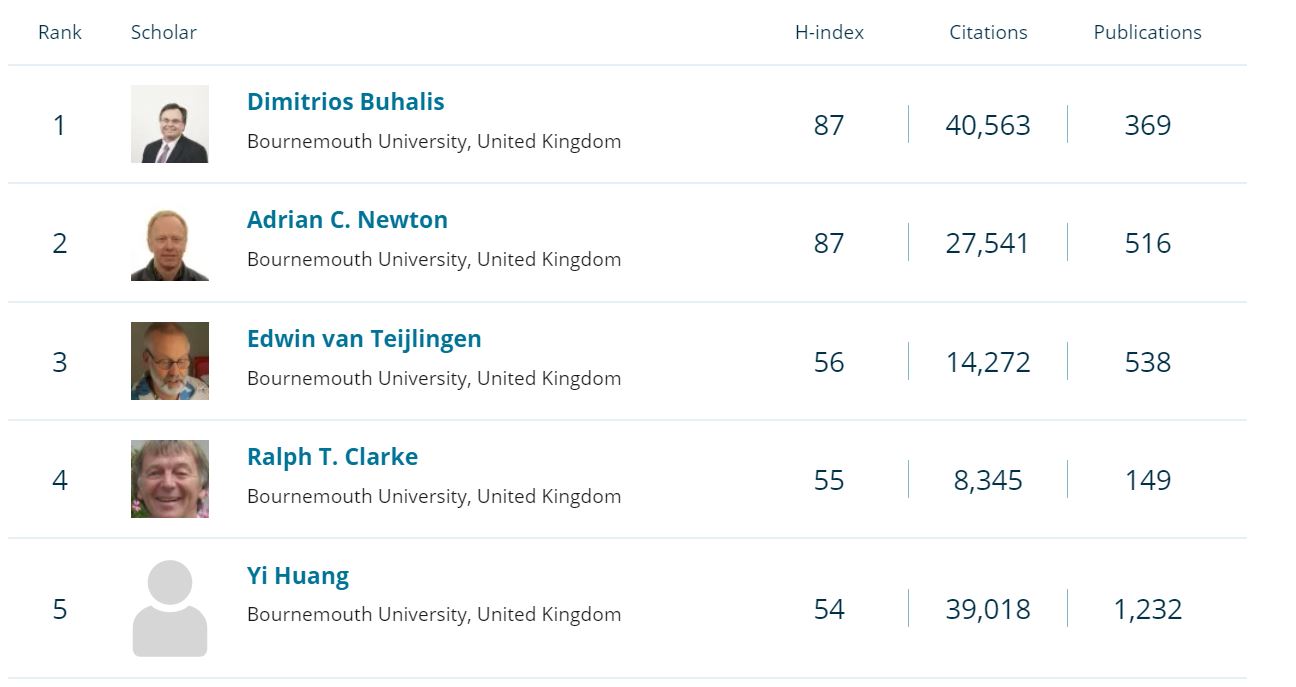
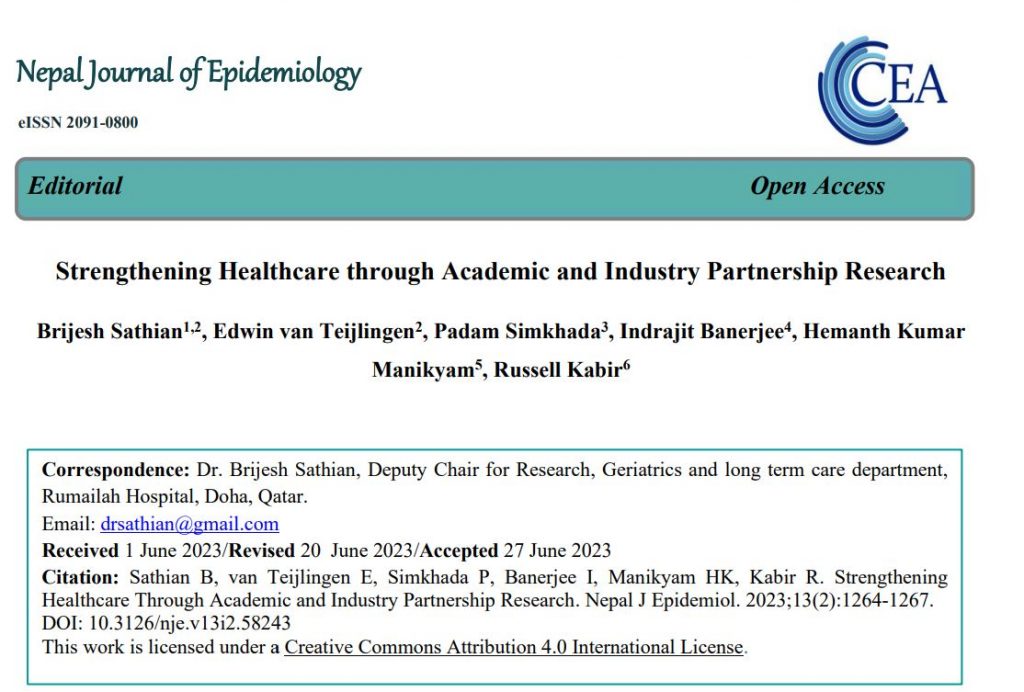
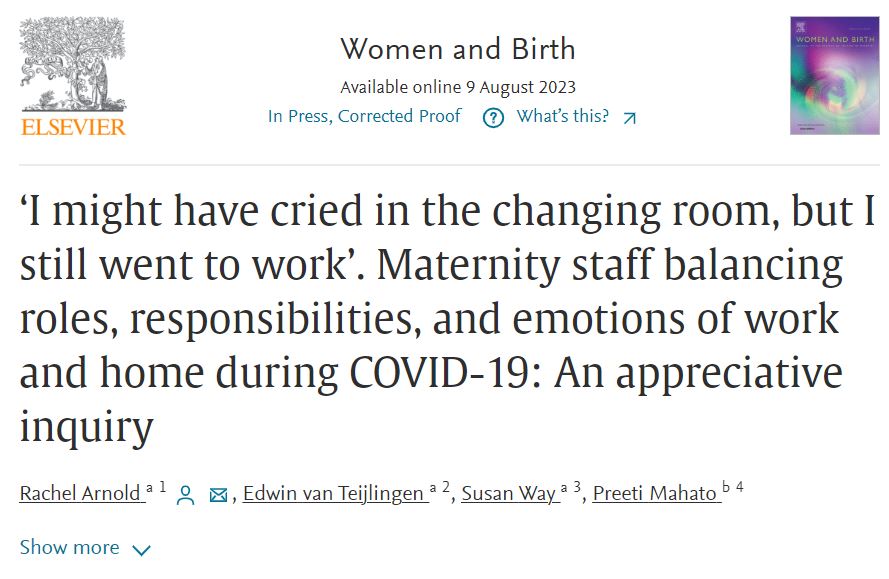



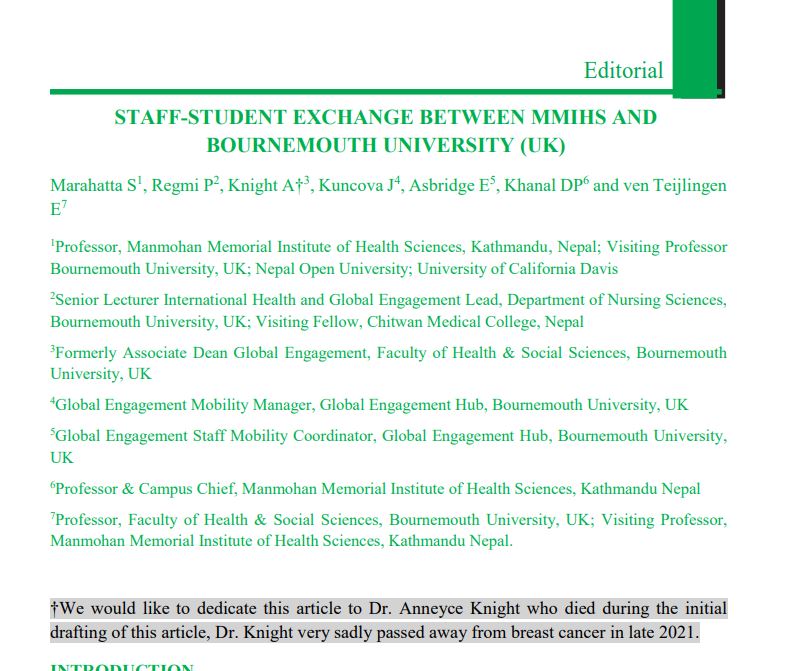

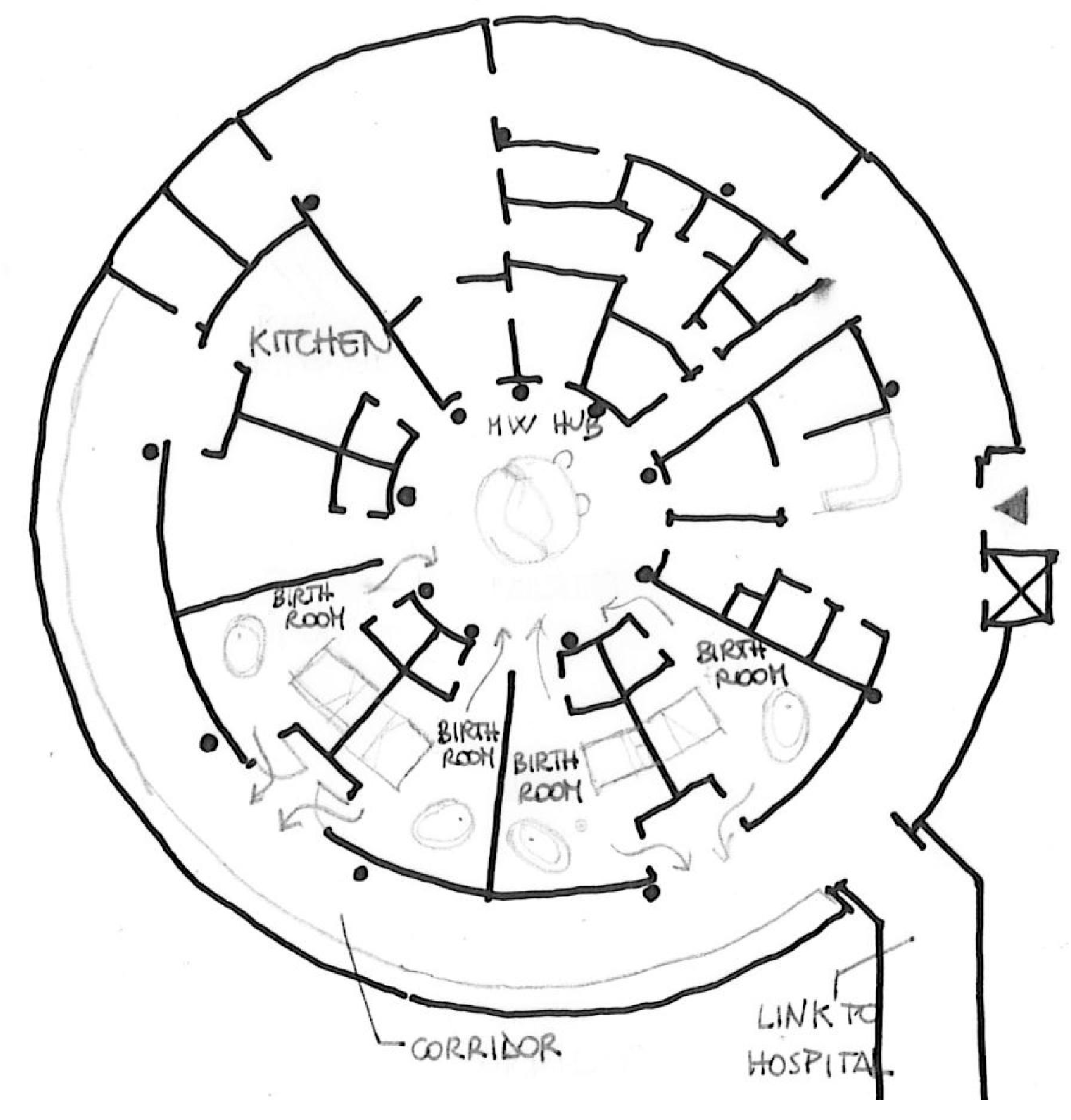











 New weight change BU paper
New weight change BU paper One week to go! | The 16th Annual Postgraduate Research Conference
One week to go! | The 16th Annual Postgraduate Research Conference Geography and Environmental Studies academics – would you like to get more involved in preparing our next REF submission?
Geography and Environmental Studies academics – would you like to get more involved in preparing our next REF submission? Congratulations to three former BU staff
Congratulations to three former BU staff MSCA Staff Exchanges 2024 Call – internal deadline
MSCA Staff Exchanges 2024 Call – internal deadline Applications are now open for 2025 ESRC Postdoctoral Fellowships!
Applications are now open for 2025 ESRC Postdoctoral Fellowships! Horizon Europe – ERC CoG and MSCA SE webinars
Horizon Europe – ERC CoG and MSCA SE webinars MaGMap: Mass Grave Mapping
MaGMap: Mass Grave Mapping ERC grants – series of webinars
ERC grants – series of webinars